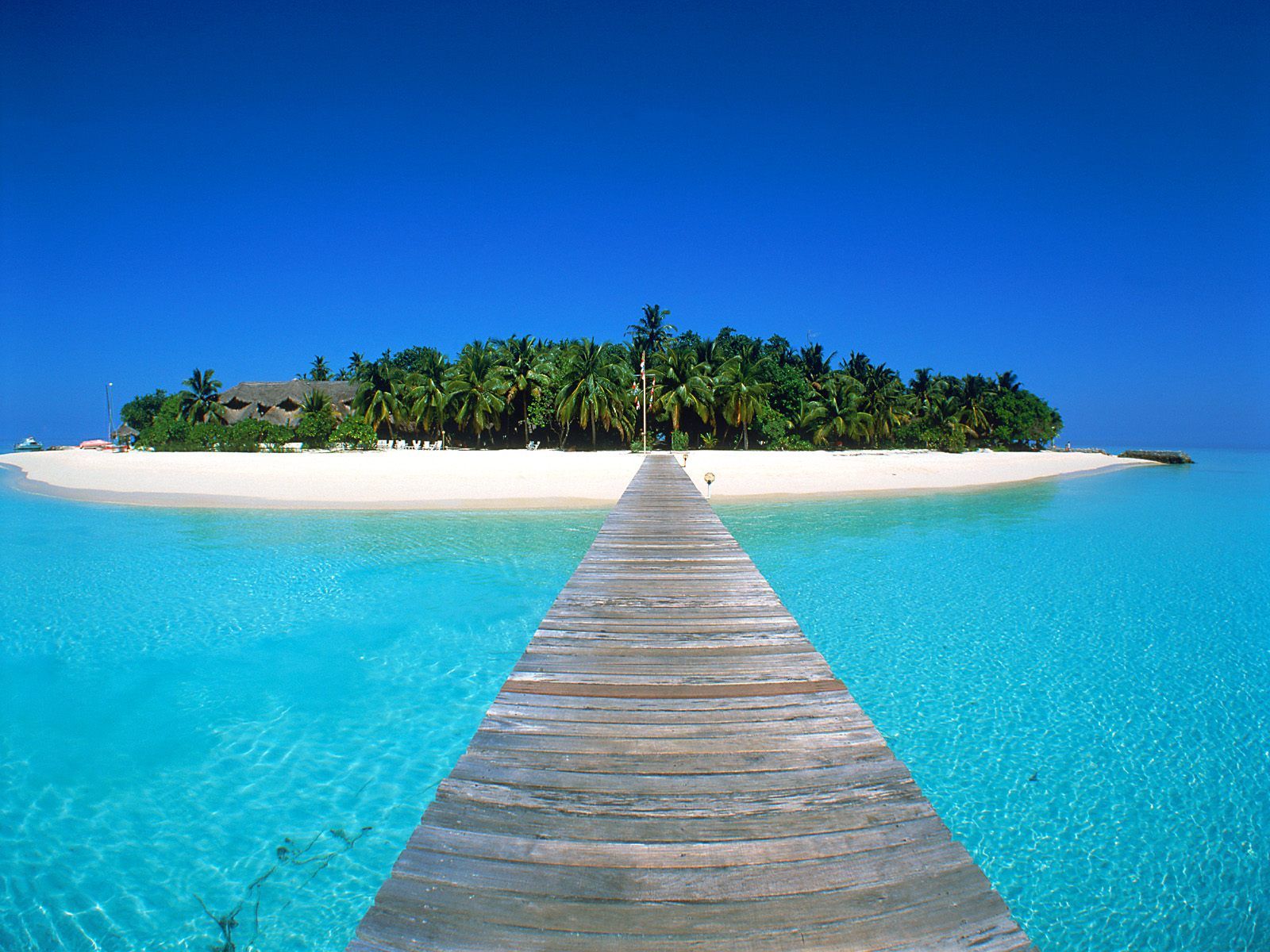Minimum wage of US$600 demanded for Maldivian resort workers
The average monthly salary for local resort workers is US$200-US$250.

01 Jul 2018, 09:00
Maldivian resort workers should be given a monthly minimum wage of US$600, an NGO said Sunday, as it demanded better rights for locals working in the high-end resorts the Maldives is famous for.
There are 27,837 Maldivians working in resorts, representing around 14 percent of the total workforce, according to the last census. Some resorts charge upwards of thousands of dollars a night and tourism accounts for one-third of economic output, making them huge money-spinners for the country.
The Tourism Employees Association of the Maldives wants a trade union law to be passed, a bigger share of resort jobs to be allocated to Maldivians, resort shares to be given to resort workers and the introduction of a flat service charge.
TEAM previously petitioned the President’s Office and parliament with its demands but had yet to receive a response. It asked to meet the attorney general, but was later told the NGO might be dissolved.
Become a member
Get full access to our archive and personalise your experience.
Already a member?
Discussion
No comments yet. Be the first to share your thoughts!
No comments yet. Be the first to join the conversation!
Join the Conversation
Sign in to share your thoughts under an alias and take part in the discussion. Independent journalism thrives on open, respectful debate — your voice matters.




